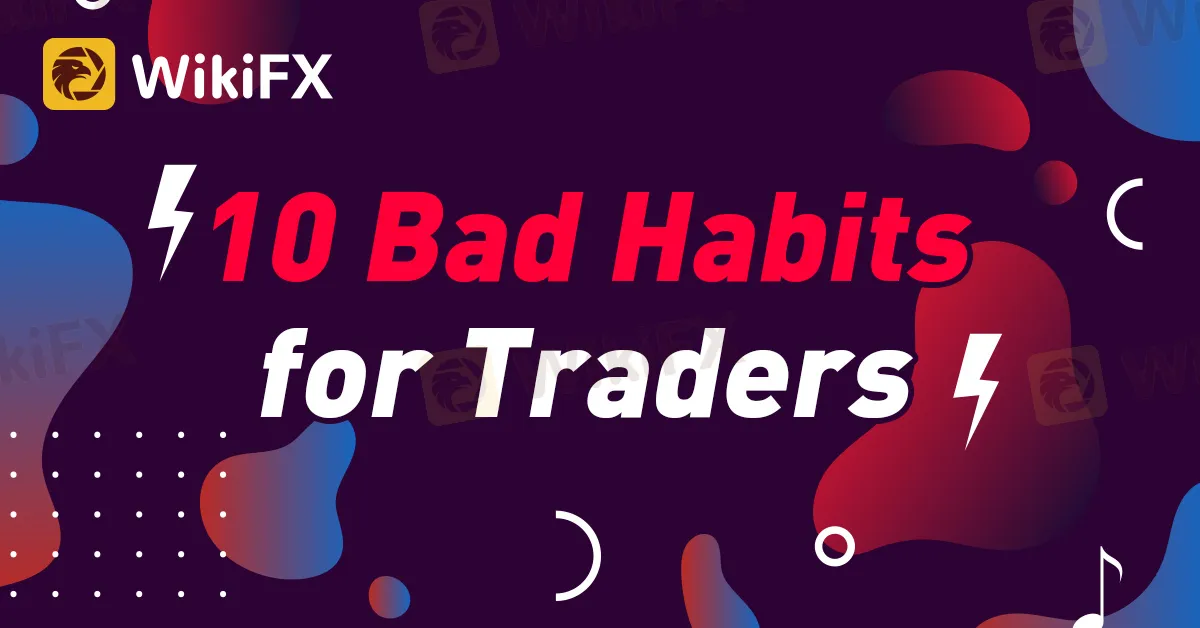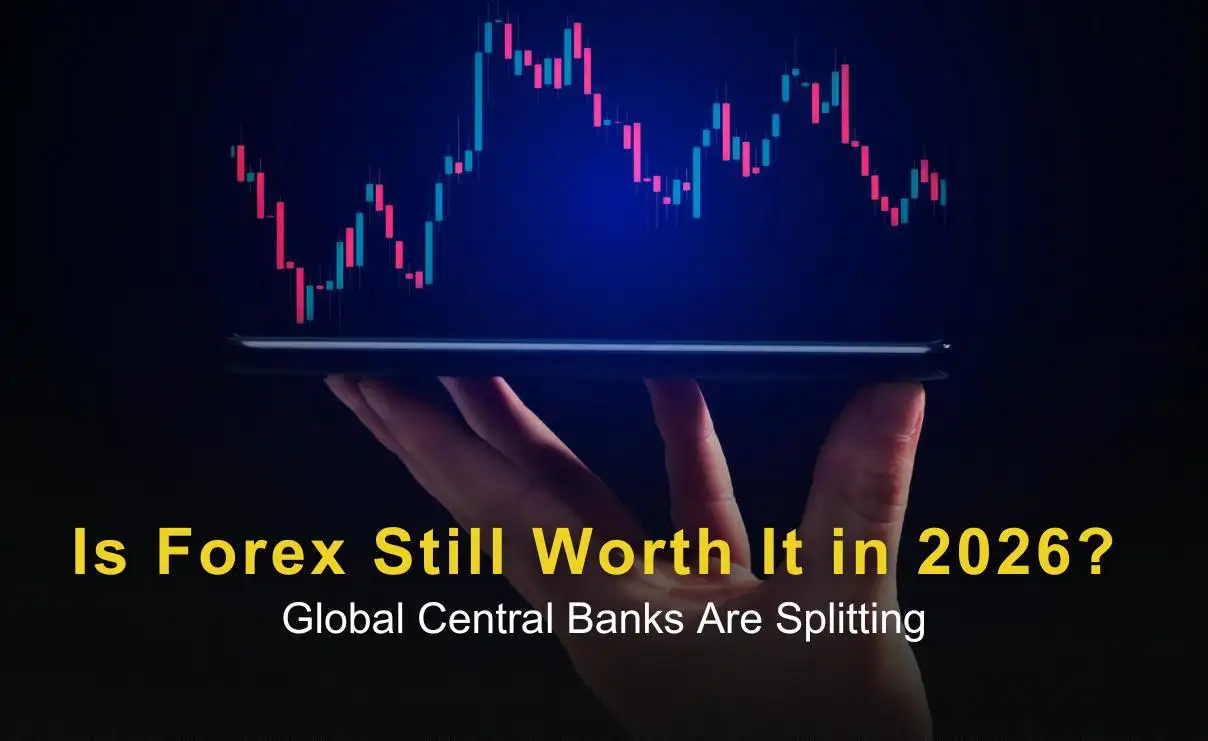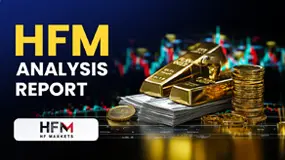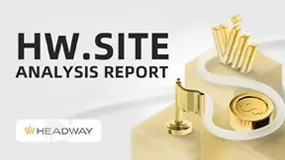Abstract:Forex trading can be a highly lucrative venture, but it's also riddled with potential pitfalls. To avoid falling into the trap of bad trading habits, it's essential to be aware of what not to do. Here are ten habits that can lead to failure in forex trading.

Forex trading can be a highly lucrative venture, but it's also riddled with potential pitfalls. To avoid falling into the trap of bad trading habits, it's essential to be aware of what not to do. Here are ten habits that can lead to failure in forex trading.
Lack of Education: Bad traders often enter the market without sufficient knowledge. They fail to understand the intricacies of forex trading, leading to poor decision-making and costly mistakes.
Emotional Trading: Bad traders allow their emotions to dictate their trading decisions. Fear and greed drive impulsive trading, leading to losses and a lack of consistency.
Overtrading: Trading excessively without proper analysis is a common habit among unsuccessful traders. They are often chasing quick profits, leading to excessive risk-taking and a higher chance of failure.
Ignoring Risk Management: Bad traders neglect risk management practices, leading to significant losses. They fail to use stop-loss orders, fail to diversify their portfolios, and risk more than they can afford to lose.
Lack of Patience: Impatient traders jump into trades without waiting for proper confirmation. They lack the discipline to wait for high-probability setups, leading to poor trade entries.
Failure to Adapt: The forex market is dynamic, and bad traders fail to adapt to changing conditions. They stick to outdated strategies, ignore market trends, and refuse to learn from their mistakes.
Blaming External Factors: Bad traders often blame external factors for their losses instead of taking responsibility for their decisions. They attribute losses to market manipulation or broker scams instead of analyzing their own trading mistakes.
Neglecting Analysis: Successful trading requires thorough analysis, but bad traders neglect this aspect. They rely on tips, rumors, or hearsay instead of conducting proper technical and fundamental analysis.
Lack of Record Keeping: Bad traders fail to maintain a trading journal, depriving themselves of valuable insights. They repeat the same mistakes without learning from them, leading to a cycle of losses.
Falling for Scams: Bad traders often fall victim to forex trading scams. They trust unregulated brokers promising unrealistic returns or engage in pyramid schemes that ultimately lead to financial ruin.
To avoid these bad habits, it's crucial to be mindful of your trading decisions, educate yourself, and seek reliable sources of information. One such platform is WikiFX, which provides comprehensive information about forex brokers and user reviews to help traders make informed choices. Visit www.wikifx.com for valuable resources that can protect you from scams and guide you towards successful trading practices.










